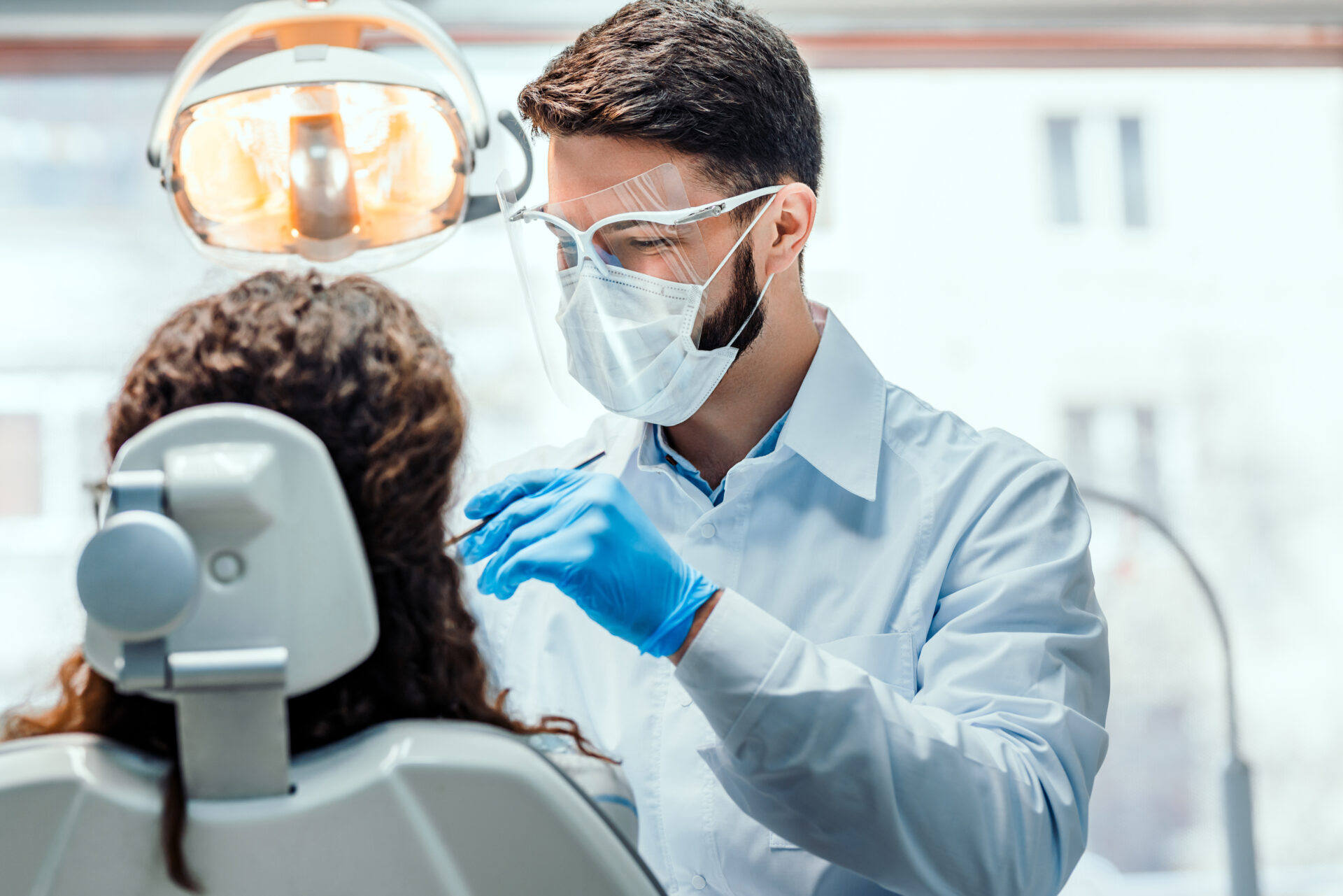Huntington-area residents who are uninsured, or insured by West Virginia Medicaid, will have new dental care options starting Friday, Aug. 9.
Ebenezer Medical Outreach will offer general dentistry appointments to the uninsured and Medicaid recipients twice per month at their outreach center at 1448 10th Avenue, Suite 100, Huntington, West Virginia.
While West Virginia Medicaid includes an adult dental benefit, it is not widely accepted by providers. According to a 2023 study, for Medicaid patients, wait times average 95 days for an initial appointment and 44.9 additional days for a treatment visit.
This clinic is made possible through the volunteer efforts of Dr. David Eller, a dentist who served the region for decades until his 2021 retirement, and through the support of Marshall University’s Joan C. Edwards School of Medicine Department of Dentistry, Oral and Maxillofacial Surgery.
West Virginia has a shortage of dentists. A 2022 report from the West Virginia Department of Health and Human Resources, a department now split into three separate agencies, found that there were 49 dentists per 100,000 population, well below the national average of 61 per 100,000.
According to that same report, The Burden of Oral Disease in West Virginia, 58 percent of West Virginian adults have seen a dentist in the past year, lower than the national average of 68 percent.
That report found that in 2020, almost six of 10 adults, or 56 percent, of West Virginians over the age of 18 had lost at least one permanent tooth.
The West Virginia Oral Health Coalition found in its 2023 analysis of West Virginia’s dental care accessibility that more than 24 percent of dental practices in West Virginia were not accepting new patient appointments and the ones that were had an average wait time of more than 70 days for the first available appointment.
Only 36.7 percent of dental care sites could offer appointments within 30 days, which falls short of the benchmark goals for Medicaid enrollees. Many states including West Virginia have goals in place for Medicaid enrollees to be seen within 30 days.
In addition to 24 percent of practices not accepting new patients and long wait times for first appointments, data analysis found the average wait time for a second appointment to treat dental decay, like a cavity, was an additional 34.6 days and ranged from 1 to 145 days.
Appalachia Health News is a project of West Virginia Public Broadcasting with support from Marshall Health.
